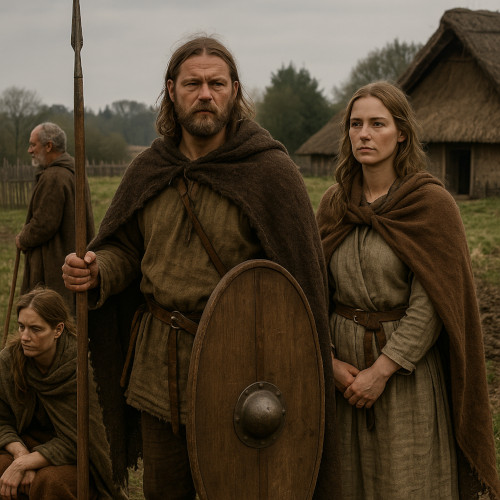Germanic Batavi Discussion
– 1 min read



The Batavi were a Germanic tribe known for their elite service in the Roman army, especially as fearless cavalry and swimmers who could cross rivers in full armor. Though initially loyal to Rome, they launched a major rebellion in 69-70 AD under Julius Civilis, temporarily defeating Roman legions and disrupting the imperial control of the Rhine frontier. As a militarized society on the edge of the Roman world, the Batavi served as a crucial cultural and strategic bridge between Germania and Rome. Their legacy endured far beyond antiquity, inspiring the name Batavia as a symbol of independence in the Dutch Republic and in modern Dutch cultural identity.
Comments